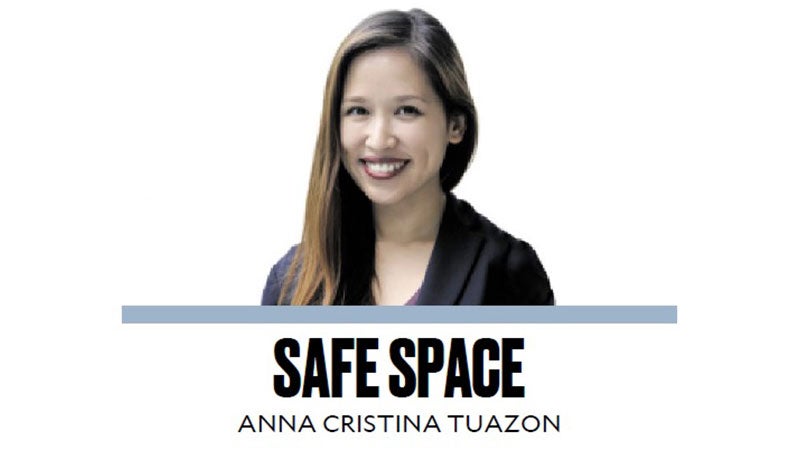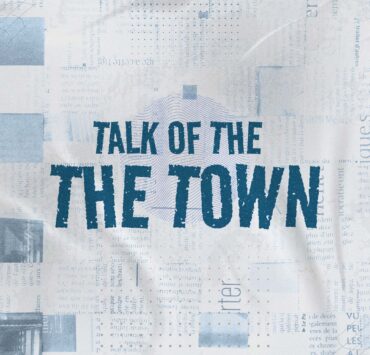Why kids break

Numerous social occasions influenced my topic this week. We had the book launching of our “Ginhawa” book, edited by psychologists and University of the Philippines (UP) Diliman PsycServ cofounders Dr. Violeta Bautista and Dr. Divine Salvador. In attendance was the UP president, who asked me about my thoughts on why mental health seems to be such a pervasive issue now compared to previous generations. In another meeting, this time at UP Manila, I was asked offhand yet again why kids seem to be struggling nowadays. More recently, I also guested in a student radio show on DZUP to discuss the experiences and challenges of students who were delayed, hearing their perspectives on the matter.
I try not to buy into the notion that the current generation is somehow weaker. Most generations tend to negatively judge the generation that succeeds them. Generations are, however, a product of their time. Evolution doesn’t just apply to biology; it applies to human behavior as well. We see humans adapt to their changing surroundings, leaving some behaviors socially obsolete and eventually forgotten. And so when we observe children no longer having certain life skills, such as critical thinking, creative problem solving, and emotion regulation, it is because the world no longer values them.
We see this play out in our education system. As our formal systems of learning increasingly devalue critical thinking in favor of surface absorption of material, we see critical thinking fade away. As we move away from long-form reading and require only summaries or shorter passages, we see the skill of reading go away, too. The attention-deficit crisis that we are experiencing is happening in part because we have created a world that favors immediate gratification, leading our sustained focus to atrophy. A recent MIT study on ChatGPT shows that using it reduces brain engagement and learning over time, worsening critical thinking and increasing passive acceptance of algorithmic information.
Given this, we should be extra wary about proposals to remove or reduce certain subjects. When we propose to remove ethics, we remove ethical thinking. When we remove art appreciation from our curriculum, we also eventually remove art from the world.
How does this relate to children’s mental health? Mental health does not develop in a vacuum. The strength of our mental health relies on foundational life skills that help us navigate the complexities of life. When we teach children a narrowly prescribed view of life, their emerging view of life also narrows. When we teach them to simply accept what is taught and to obey without question, then we are depriving them of the opportunity to think for themselves. When we teach them to reduce problems into black-or-white, us vs. them, good vs. evil, then they start to see the world only as a binary. When this happens, they become less tolerant of experiences outside of their comfort zone. This means less empathy for others—and less compassion for themselves. Their standards become unrelenting and inflexible. They must be perfect. They refuse to recognize that to err is human.
For those who have been far removed from their childhood days, I invite them to observe a child’s world in 2025 with open eyes. The world now is much more competitive than when we were young. My colleagues in academia admit that if we were to apply as students now, we would probably reject ourselves, acknowledging that the entry requirements are much higher. Back then, simply being in the big four universities was enough to secure you a job. Now my clients from these prestigious schools struggle to gain employment, even with their Latin honors.
Pressure for children starts as early as preschool. Where you go determines success in life. The right preschool gets you into the right big school that gets you to the right university. Kindergarten has entrance exams! As I was perusing the exam scope for one K-12 school, I was saddened that I would have to subject my child to such pressure at the tender age of 5. We’ve set up our educational system where everything is such high stakes. There’s no room for individual differences or for progressing at your own developmental pace. The sudden change in age requirements for K-12, released days before the first day of class, will force even younger children to compete at the same level as those who are developmentally older.
Kids can no longer afford mistakes. Mistakes are posted online to be judged by the world, to be retrieved by future employers (or US visa evaluators). There is no room for repair or redemption. Kids cannot tolerate mistakes because the world does not tolerate mistakes. When mistakes become unacceptable, the situation turns desperate. The world is no longer worth living in when our mistakes follow us wherever we go.
If the kids have become fragile, it is only because the world would rather break them than let them bend.
—————-
aatuazon@up.edu.ph


















